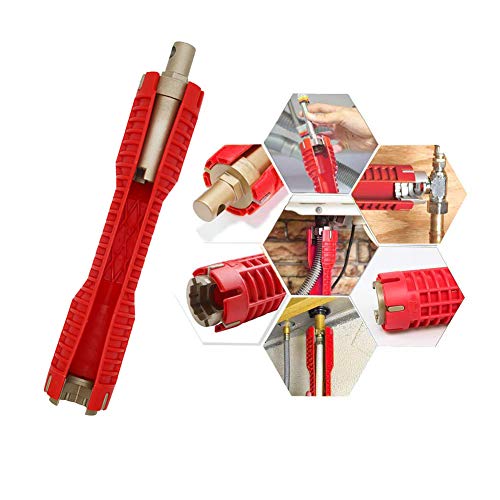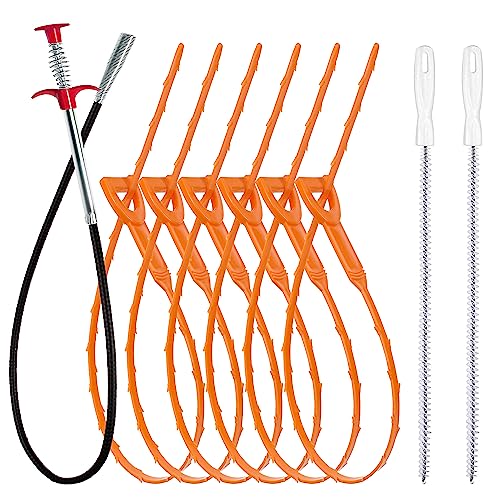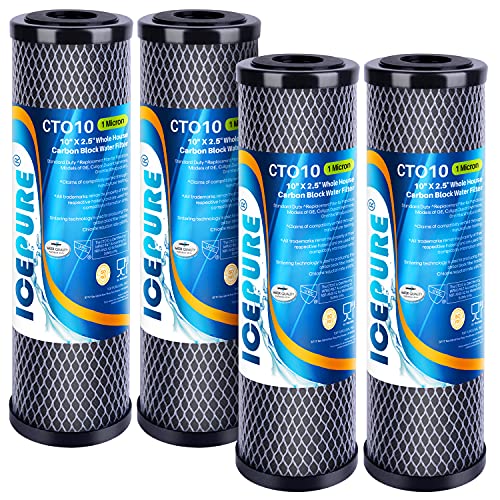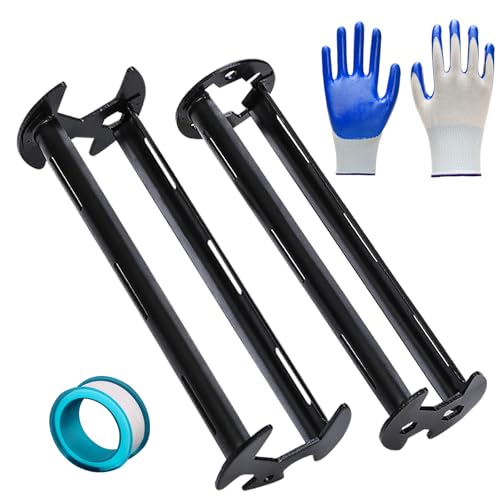NotAHandyGuy
Member
Looked at several videos on how to replace gas control valve but haven't seen this type of connection/union. Most of the videos have a connection off to left side and/or one that is easy to take apart but I'm unsure about what I see in the attached pic. I guess I'm supposed to turn the connection at the red arrow (see the pic) but I don't know which way to turn it or how to remove the piping. Can anyone assist?


Last edited:














































